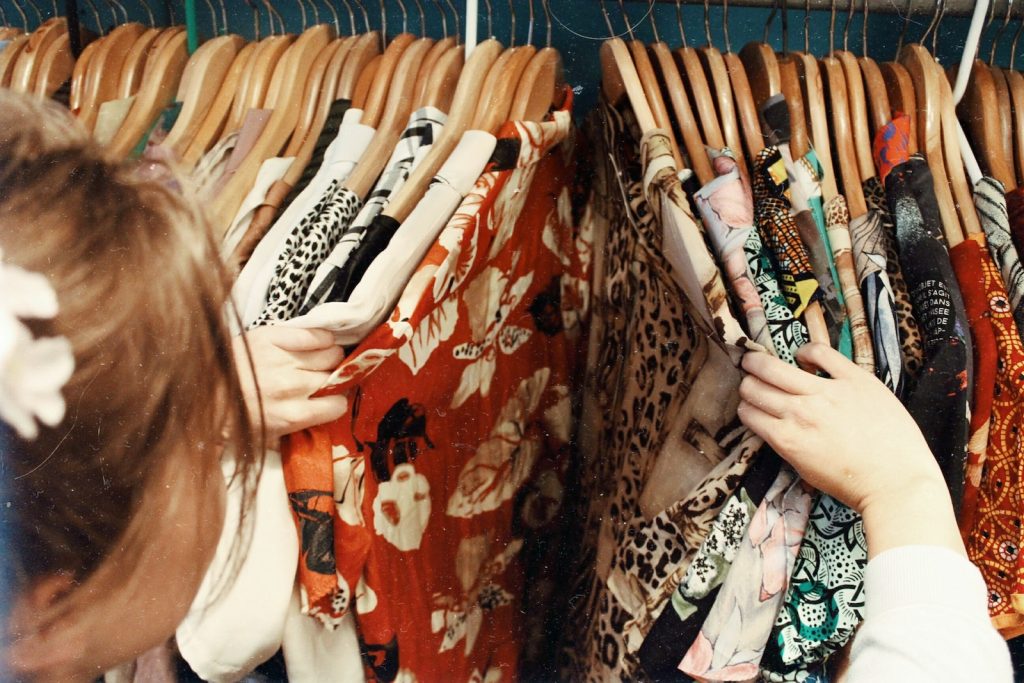As the fashion industry grows, so does the need for sustainable practices. Developing ethical strategies for supporting sustainable wardrobes is crucial for reducing the negative environmental and social impact of the fashion industry. In this article, we will explore the importance of sustainable fashion, and the challenges it faces, and provide actionable strategies for individuals and businesses to support sustainable wardrobes.
The Importance of Sustainable Fashion
Environmental impact of the fashion industry
The fashion industry is known for its significant environmental impact. From the production of textiles to the disposal of clothing, each step in the fashion supply chain has the potential to contribute to pollution, resource depletion, and climate change. Sustainable fashion aims to minimize this impact by adopting practices that reduce waste, use fewer resources, and prioritize eco-friendly materials.
Social impact of the fashion industry
The fashion industry also has a profound social impact, often involving exploitative labor practices and unsafe working conditions in many garment manufacturing countries. Sustainable fashion promotes fair labor practices, ensures safe working conditions, and advocates for the rights of garment workers. By supporting sustainable wardrobes, individuals and businesses can contribute to a more equitable and just fashion industry.
Challenges in Supporting Sustainable Wardrobes
Fast fashion and consumer behavior
Fast fashion, characterized by cheap and disposable clothing, has contributed to the unsustainable nature of the fashion industry. The demand for constantly changing trends and low-priced items has led to overconsumption and the accumulation of textile waste. Changing consumer behavior and mindset is crucial in supporting sustainable wardrobes.
Lack of transparency and greenwashing
Many fashion brands claim to be sustainable without providing transparent information about their practices. This lack of transparency makes it difficult for consumers to make informed choices and support truly sustainable brands. Greenwashing, a practice where companies falsely portray themselves as eco-friendly, further confuses consumers. It is essential to develop strategies that promote transparency and hold brands accountable for their sustainability claims.
Strategies for Supporting Sustainable Wardrobes
Educating consumers about sustainable fashion
One of the most effective strategies for supporting sustainable wardrobes is educating consumers about the environmental and social impact of the fashion industry. By raising awareness through campaigns, workshops, and educational resources, individuals can make informed choices and understand the importance of supporting sustainable brands.
Prioritizing quality over quantity
Encouraging consumers to prioritize quality over quantity is another crucial strategy. Investing in well-made, timeless pieces instead of fast fashion trends reduces the demand for disposable clothing and promotes a more sustainable wardrobe. Educating consumers about the benefits of investing in high-quality garments that last longer and can be repaired or recycled is essential.
Embracing secondhand and vintage clothing
Promoting secondhand and vintage clothing is an effective way to support sustainable wardrobes. Thrift shopping, clothing swaps, and online platforms for buying and selling pre-loved garments offer affordable and stylish alternatives to fast fashion. Emphasizing the value and uniqueness of secondhand clothing can shift attitudes toward fashion and reduce the demand for new, resource-intensive production.

Supporting sustainable and ethical brands
Choosing to support sustainable and ethical brands is a powerful strategy for promoting sustainable wardrobes. Researching and selecting brands that prioritize fair trade, use eco-friendly materials, and have transparent supply chains can make a significant impact. By supporting these brands, consumers clearly message the fashion industry that sustainability and ethical practices are essential.
Extending the lifespan of clothing
Extending the lifespan of clothing through proper care and repair is crucial in supporting sustainable wardrobes. Educating consumers about garment care techniques, such as washing clothes less frequently, air drying, and proper storage, can help prolong the life of garments. Additionally, promoting local tailors and repair services encourages individuals to mend and alter their clothes instead of discarding them.
Recycling and upcycling
Encouraging recycling and upcycling of clothing is an effective strategy for reducing textile waste. Providing information on textile recycling programs, organizing upcycling workshops, and showcasing creative ways to repurpose old garments can inspire individuals to give new life to their clothing.
Collaboration and advocacy
Collaboration among individuals, organizations, and businesses is crucial in driving change in the fashion industry. By joining forces, sharing resources, and advocating for sustainable practices, stakeholders can create a collective impact. Supporting organizations and initiatives that promote sustainable fashion, such as fashion sustainability campaigns, can help amplify the message and create a more sustainable future.
Conclusion
Developing ethical strategies for supporting sustainable wardrobes is essential for reducing the negative environmental and social impact of the fashion industry. By educating consumers, prioritizing quality over quantity, embracing secondhand clothing, supporting sustainable brands, extending the lifespan of clothing, and promoting recycling and upcycling, individuals and businesses can make a significant difference. Collaboration and advocacy play a crucial role in driving systemic change within the fashion industry. By adopting these strategies, we can work towards a more sustainable and responsible fashion future.

































